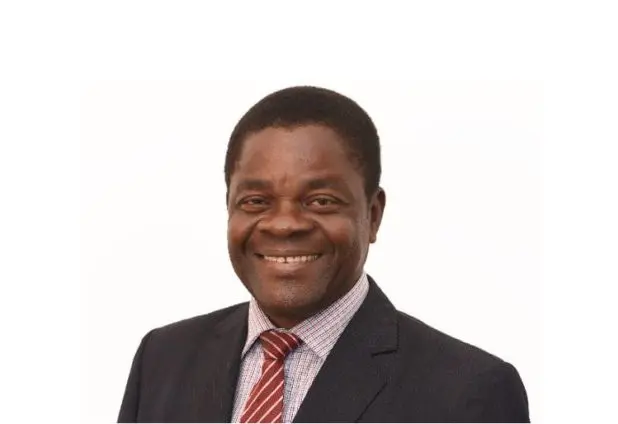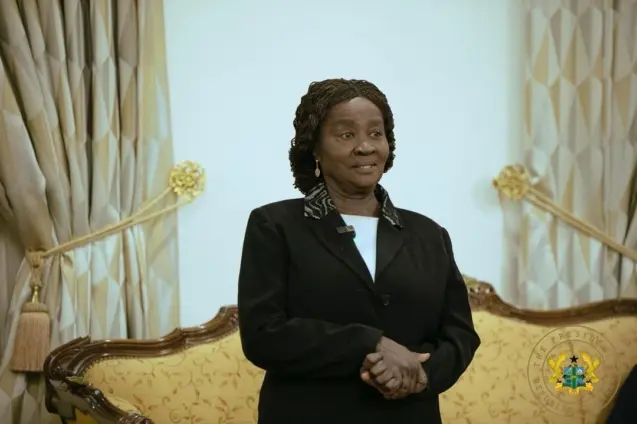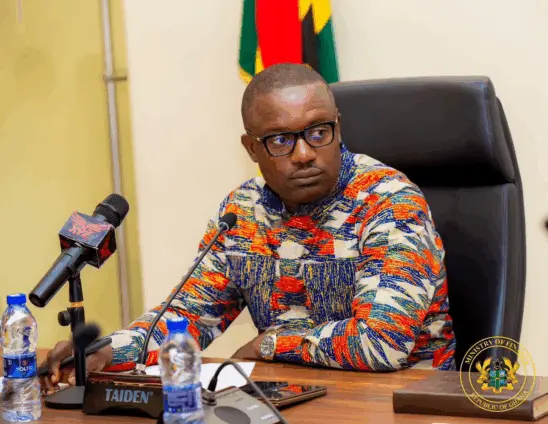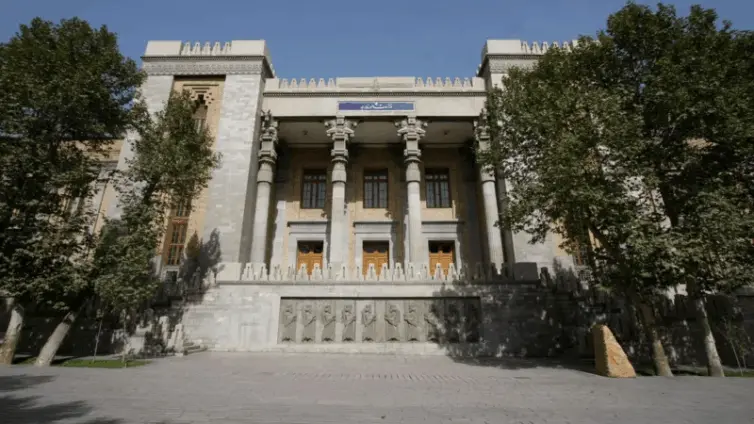The petition seeking the removal of Ghana’s Chief Justice has ignited a firestorm of debate, drawing sharp commentary from legal experts. At the heart of the controversy is the question of procedural correctness and adherence to constitutional norms, particularly concerning the role of the Judicial Council Ghana. Kwaku Ansa-Asare, the former Director of the Ghana School of Law, has emerged as a prominent voice, critiquing the Chief Justice’s handling of the matter. Ansa-Asare argues that the Chief Justice erred by not consulting the Judicial Council Ghana before taking certain actions.
Ansa-Asare’s critique emphasizes the critical importance of adhering to established constitutional processes and seeking counsel from the Judicial Council Ghana to maintain transparency and public trust in the judiciary. His perspective, shared during an interview on JoyNews PM Express, underscores that the role of the Judicial Council Ghana is to ensure accountability and ethical conduct within the judicial system. By bypassing this crucial advisory body, Ansa-Asare suggests, the Chief Justice has inadvertently created a situation ripe for scrutiny and potential compromise.
According to Ansa-Asare, the Judicial Council Ghana serves as a vital check and balance. He believes the council is designed to advise the Chief Justice, ensuring that decisions are made with careful consideration of ethical and legal implications. “The Judicial Council Ghana has been established to aid successive Chief Justices to behave themselves,” Ansa-Asare stated, highlighting the council’s intended role in maintaining judicial integrity. Its purpose is to ensure accountability and ethical conduct.
Ansa-Asare argues that seeking counsel from the Judicial Council Ghana should be the primary step when facing a problem. “So if an incumbent Chief Justice has a problem, her first port of call should be to seek counsel. I don’t think that has been done,” he asserted. Bypassing the council, in his view, escalates the issue and invites further scrutiny, potentially undermining the integrity of the judicial process. This is especially so when public and legal wrangling begins, provoking actions that are unorthodox and unconstitutional, according to Ansa-Asare.
He voiced his concern that the ongoing public and legal debates surrounding the Chief Justice’s actions could “provoke the members of the committee into doing things that will turn out to be unorthodox and unconstitutional.” Such a scenario, Ansa-Asare warns, could significantly undermine the integrity of any subsequent impeachment process, casting a shadow over the entire judiciary.
Ansa-Asare lamented that the impeachment process is increasingly tainted by political considerations, which undermines the principles of transparency and legality that should underpin such proceedings. “The CJ removal process now has been so engrossed in politics that the issues of transparency, legality and all that seem to oppose the Constitution,” he stated, emphasizing the dangers of politicizing the judiciary and the detrimental impact on public perception. He stresses that the process must remain above partisan interests to maintain public confidence.
For Ansa-Asare, constitutionalism should always take precedence over political expediency. Citing Article 125 of the Ghana Constitution, he emphasized that while citizen participation in the administration of justice is encouraged, it remains subject to the overarching principles of the Constitution. He also references Kofi Kumado, who once said that “democracy is not phenomenal with constitutionalism. So, the two are different,” and continues the separation of the two ideas.
Ansa-Asare underscored that the Constitution is designed to keep all governance institutions in check, including judges and presidents. He drew a parallel between the role of the Council of State in advising the president and the role the Judicial Council Ghana should play in guiding the Chief Justice. “The Council of State aids the president to behave himself. In like manner, the Judicial Council Ghana should help the Chief Justice to behave herself.” These checks, he argued, are essential for ensuring responsible and accountable governance.
Ansa-Asare emphasized the binding nature of constitutional directives, particularly those expressed using the word “shall.” According to Article 125, such expressions are mandatory and non-negotiable. “When it says ‘shall’, then it’s ‘shall’. That is the clear language of Article 125 of the 1992 Constitution,” he stated, underscoring the importance of adhering to the precise language of the Constitution.
In summary, Kwaku Ansa-Asare’s critique centers on the Chief Justice’s actions and the pivotal role of the Judicial Council Ghana. He cautioned against political interference, emphasizing the need for adherence to constitutional principles. According to Ansa-Asare, the current episode serves as a critical test of Ghana’s constitutional maturity.
As he put it, “The Constitution creates governance institutions not just for show, but to help the people in those offices conduct themselves. That’s what has been ignored.” Readers are encouraged to delve deeper into this important topic by researching the roles of the Judicial Council Ghana and related constitutional articles to foster a more informed understanding of Ghana’s governance framework.
Image Source: MYJOYONLINE






















